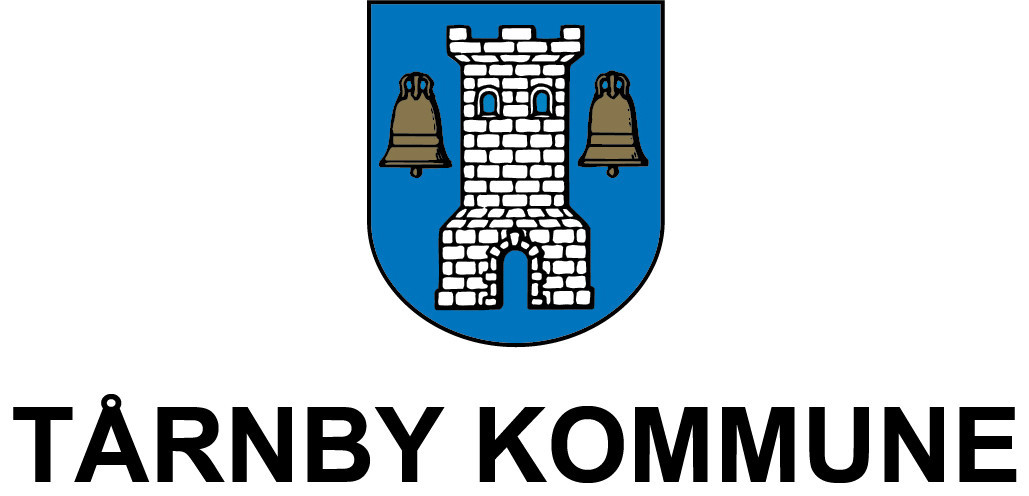Working in Denmark
Working in Denmark Here you can find a lot of information about working in Denmark, Danish taxes, pensions, health care and social security.
Got a job in Denmark? Follow these steps
Have you just got a job in Denmark?
We have the checklist with information about all the practical steps you need to take, and what you must consider.











